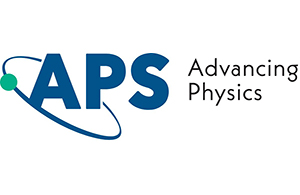APS Meeting Registration Pricing Adjusted to Increase Accessibility for Physicists from Less-Resourced Countries
APS meetings represent tremendous opportunities for physicists worldwide to share their research and to learn from and collaborate with each other. The Society is committed to removing barriers to attendance for those who can contribute to and benefit from their peers in the global scientific community.
Therefore, if you are eligible, APS encourages you to take advantage of our new tiered registration pricing for the 2024 in-person and virtual March, April, and DAMOP Meetings. Visit the APS website for full details on the initiative.
The new pricing is based on GDP per capita and World Bank classifications. Physicists residing in Lower-Income countries (LICs), Lower-Middle-Income countries (LMICs), and Upper-Middle-Income countries (UMICs) may register for the 2024 in-person and virtual March, April, and DAMOP Meetings with the following discounts:
– Residents in LICs and LMICs will receive a discount of nearly 90%.
– Residents in UMICs will receive a discount of more than 70%.
The registration webpages on the APS website will automatically provide a discount code for these discounts based on a registrant’s country of residence. APS urges the physics community to help us share this news through your international networks, so that more physicists from across the globe can participate in APS meetings.
Learn more
As a welcoming global hub, APS is helping physicists from around the world to connect with each other around their shared interests. Tiered registration pricing underscores our appreciation of and respect for the diverse international physics community.
APS has a number of other initiatives aimed at connecting the global physics community, including a partnership with Research4Life to share its journals at no cost with researchers from nonprofits in over 115 countries, territories, and refugee camps. APS will also cover article publication charges for new submissions from scientists belonging to these eligible groups.
Sincerely,
Jonathan Bagger
CEO
American Physical Society

